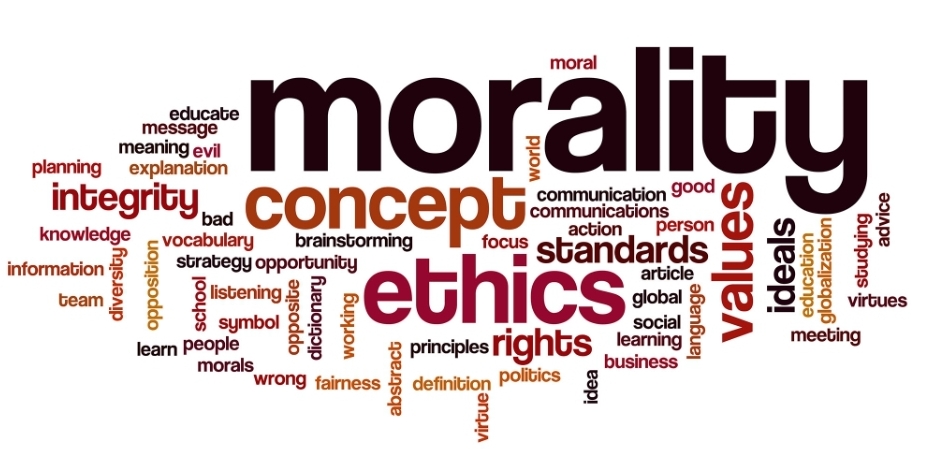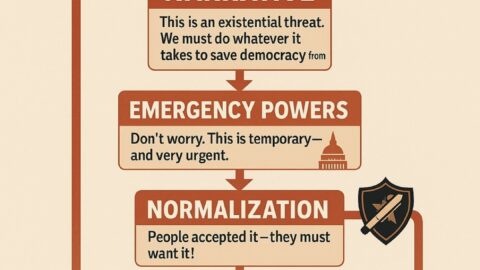Lawrence Kohlberg’s Theory of Moral Development outlines six stages grouped into three levels: Preconventional, Conventional, and Postconventional Morality. This theory describes how an individual’s sense of right and wrong evolves as they mature. Below is a detailed breakdown of each stage.
Level 1: Preconventional Morality (Childhood)
At this level, morality is externally controlled by consequences such as punishment or rewards. This is typical of young children but can persist into adulthood in some individuals.
Stage 1: Obedience and Punishment Orientation (“Avoiding Punishment”)
- Moral reasoning is based on avoiding punishment rather than understanding right and wrong.
- The child believes that actions are wrong only if they lead to punishment.
- Example: A child does not steal a cookie because they fear getting spanked.
Stage 2: Self-Interest Orientation (“What’s in it for me?”)
- Morality is based on personal gain and reciprocity (i.e., “You scratch my back, I’ll scratch yours”).
- Individuals do the right thing if it benefits them in some way.
- Example: A child shares a toy because they expect to get a turn with another toy in return.
Level 2: Conventional Morality (Adolescence & Many Adults)
At this level, morality is guided by societal norms, expectations, and laws rather than personal consequences.
Stage 3: Interpersonal Accord and Conformity (“Good Boy/Good Girl”)
- Moral behavior is driven by social approval and maintaining relationships.
- Individuals act in ways that make them seem good in the eyes of others.
- Example: A teenager obeys school rules to gain approval from teachers and peers.
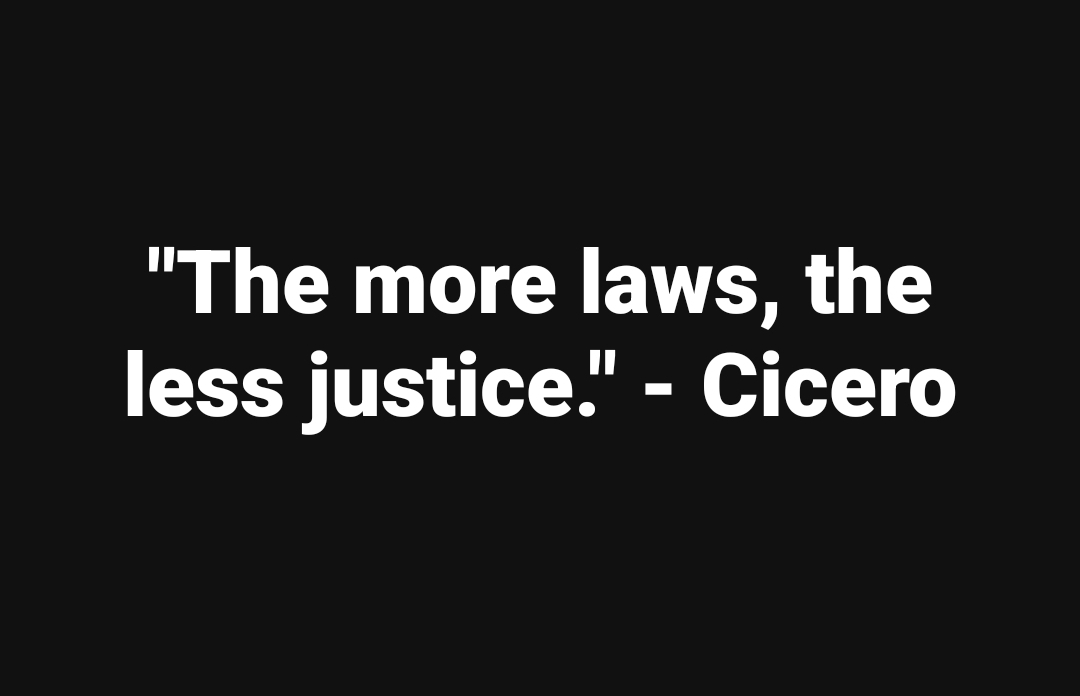
Stage 4: Law and Order Orientation (“Maintaining Social Order”)
- Morality is based on obeying laws and upholding societal order.
- Rules and laws are seen as fixed and necessary for maintaining stability.
- Example: A person does not cheat on taxes because it is illegal, not necessarily because they believe it is inherently wrong.
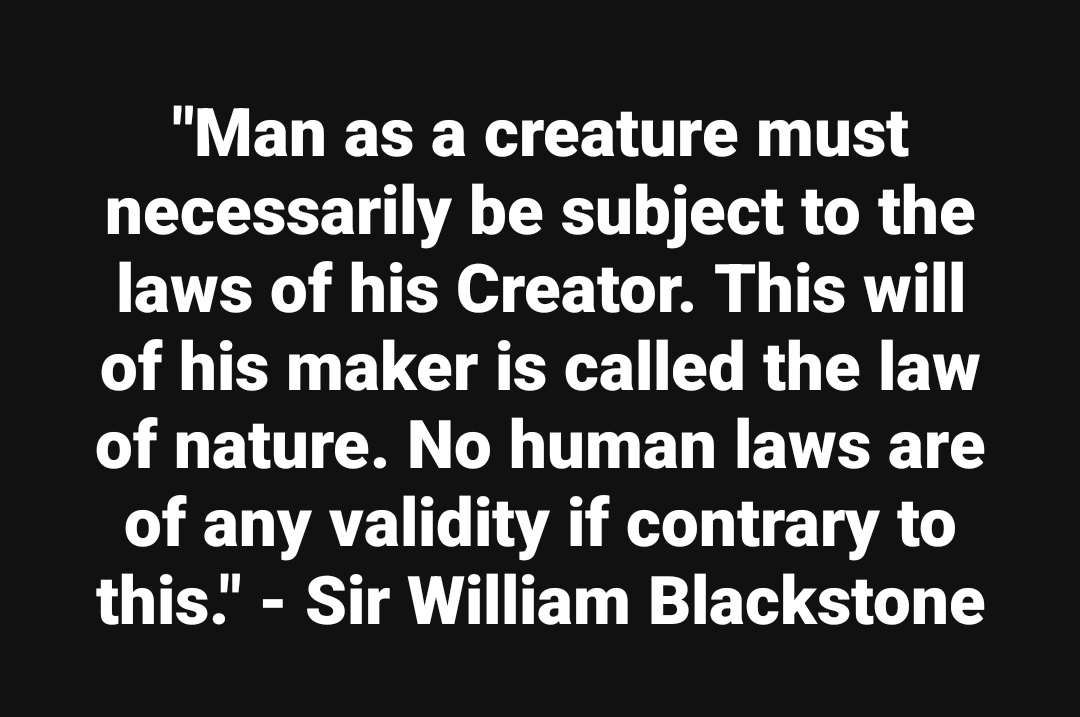
Level 3: Postconventional Morality (Rare; Some Adults)
At this level, morality is based on higher ethical principles and personal conscience, beyond just societal norms.
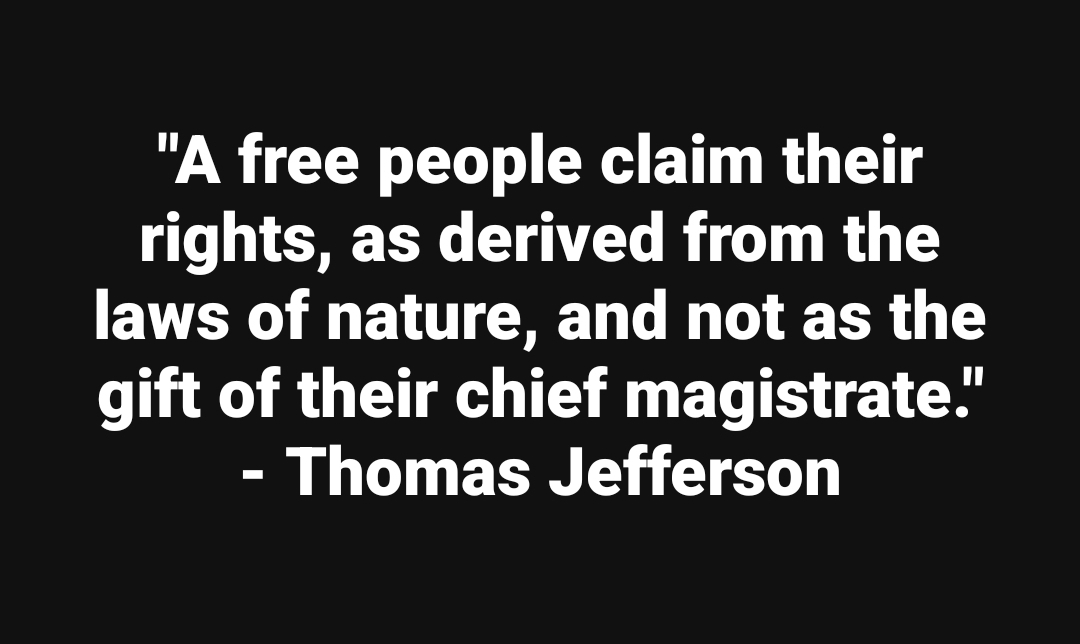
Stage 5: Social Contract Orientation (“States’ Rights and Constitutional Liberty”)
Laws are understood as social contracts meant to serve the people, not as absolute decrees from the government. At this stage, individuals recognize that governments derive their power from the consent of the governed and that laws must align with justice, individual rights, and constitutional principles—especially those that limit federal overreach.
If a law violates fundamental freedoms or the Constitution, particularly the 10th Amendment, which reserves powers to the states and the people, individuals and state governments have the right to challenge federal authority to preserve liberty.
Example: States invoking the 10th Amendment to resist unconstitutional federal mandates, such as opposing federal overreach in education, gun control, or healthcare, asserting that powers not delegated to the federal government belong to the states and the people.
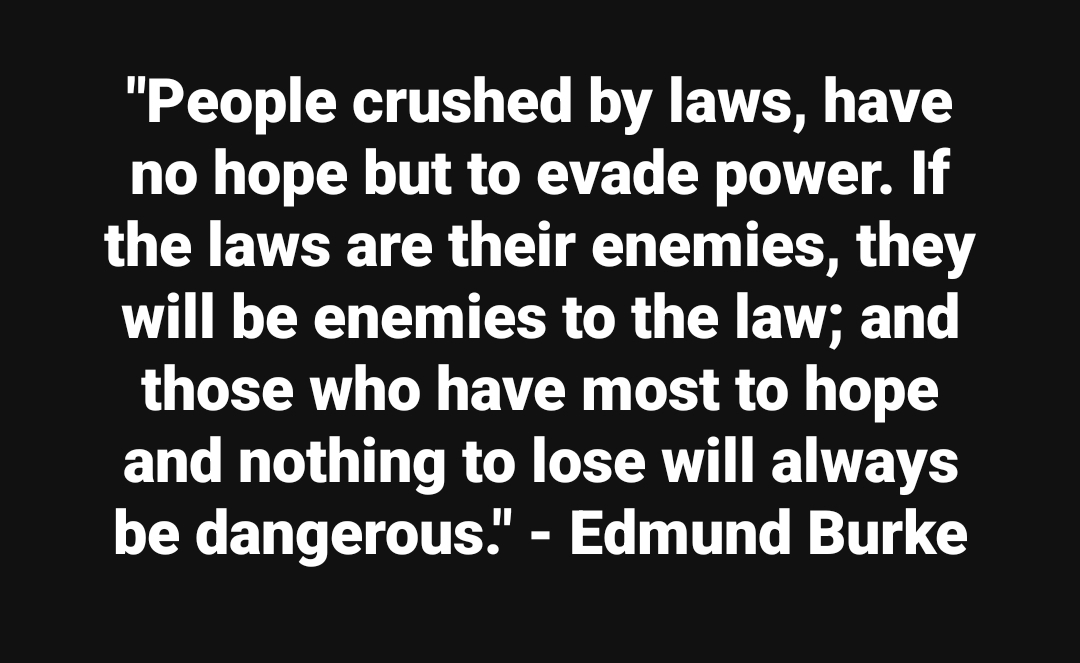
At this level, morality is based on defending personal and state sovereignty, ensuring that laws protect freedom rather than restrict it.
Stage 6: Universal Ethical Principles (“Faith, Family, and Country”)
Moral reasoning is grounded in faith, truth, and the inherent dignity of all people, guided by principles that transcend laws or political systems. True patriotism is rooted in loyalty to one’s country, its people, and the values that uphold justice and righteousness, not blind obedience to any government.
As Mark Twain said, “Patriotism is supporting your country all the time, and your government when it deserves it.” A person in this stage stands firm in their convictions, placing God, faith, family, and country above any corrupt authority. They will uphold righteousness and defend freedom—even when laws or leaders fail—because their moral compass is set by eternal truths, not shifting political winds.
Example: A patriot who refuses to comply with unjust laws that undermine religious freedom or individual rights, standing firm in faith and conscience, even at great personal cost.
Key Takeaways:
Early morality (Preconventional) is about punishment and personal benefit.
Middle morality (Conventional) is about social approval and obeying laws.
Advanced morality (Postconventional) is about universal ethical principles, even challenging man’s laws.
Kohlberg believed that not everyone reaches Stage 6, as it requires deep moral reflection and a willingness to act against societal norms when necessary. Most adults operate within Stages 3-5.
the Republican and Democratic parties (and the broader political system) can act as a barrier that keeps most people from advancing beyond Stage 4 (Law and Order Morality) in Kohlberg’s moral development. Here’s how:
The Two-Party System Reinforces Stage 4 Thinking
- Both parties present laws and policies as the ultimate authority, rather than encouraging independent ethical reasoning.
- People are conditioned to believe that following the law = moral correctness, even when laws are unjust.
- The system encourages loyalty to party and nation rather than deeper moral questioning.
Example: Many Americans believe that because a policy is legal or enforced by their party, it must be just (e.g., Patriot Act, mass surveillance, corporate bailouts).
People Are Trapped in “Team Politics” (Stage 3 Conformity)
- Many voters adopt political beliefs based on group identity rather than independent ethical reasoning.
- Social pressure forces people to align with “their side” rather than thinking critically.
- Media, social circles, and party leaders reinforce the idea that the other side is always wrong, limiting deeper reflection.
Example: Republicans and Democrats often defend their presidents’ actions while condemning the same actions from the other party (e.g., military interventions, deficits, executive orders).
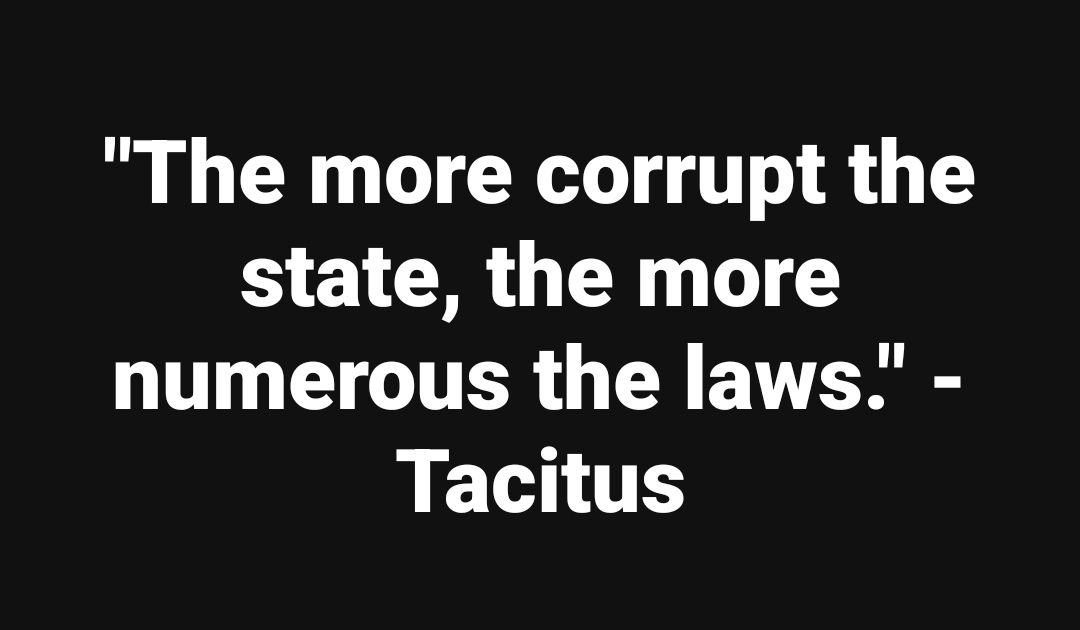
The Illusion of Choice (Stage 4 “Obey the System”)
- Every 4-8 years, power shifts between Republicans and Democrats, but the system itself remains unchanged.
- This keeps people believing that as long as they participate and vote, the system works, rather than questioning the deeper structure of power.
- Laws benefiting the elite (banks, corporations, defense contractors) stay intact, regardless of which party is in power.
Example: The Federal Reserve, corporate lobbying, and mass surveillance continue under both parties, but most voters accept these as “just how things work.”
Breaking into Stage 5 & 6 Requires Questioning the System Itself
- People who reach Stage 5 (Social Contract) begin to see that laws should be challenged and changed if they do not serve justice.
- Stage 6 thinkers prioritize universal moral principles over loyalty to any party or government.
- Historically, people in Stages 5-6 (e.g., whistleblowers, civil rights activists, revolutionaries) are silenced, demonized, or imprisoned by the system.
Example:
- Stage 5 Thinkers: Martin Luther King Jr. opposed unjust segregation laws through peaceful resistance.
- Stage 6 Thinkers: Edward Snowden exposed unconstitutional surveillance and had to flee the country.
Conclusion: The Two-Party System Maintains Stage 4 Morality
- Most voters are kept at Stage 3-4 through party loyalty, media narratives, and legal obedience.
- The system rotates power between two sides, preventing people from questioning the deeper structure of control.
- To move beyond Stage 4, individuals must reject blind party loyalty and think beyond legality, questioning whether laws and policies truly serve justice.
This is why those who reach Stage 5-6 are often seen as radicals, revolutionaries, or threats to the establishment.
In authoritarian and modern administrations, most people operate at Stage 4: Law and Order Orientation, where morality is defined by obedience to laws and authority, even when those laws are unjust.
Why Most People Stop at Stage 4 (Law and Order)
Social Conditioning – From childhood, people are taught to obey authority figures (parents, teachers, governments). As a result, many equate morality with legal obedience.
Fear of Punishment or Reprisal – In totalitarian regimes, questioning authority can be dangerous, leading people to conform rather than challenge the system.
Desire for Social Stability – People at Stage 4 value order and may fear that breaking laws (even unjust ones) leads to chaos.
Religious and Cultural Influence – Many religious traditions emphasize obedience to earthly institutional authority, reinforcing Stage 4 morality.
Religious People and Stage 4 Morality
Many religious individuals also remain at Stage 4, believing that morality is about following state, county, and city laws, rules, and regulations, rather than engaging in deep ethical reasoning. For example:
- Some follow “the laws of the land,” because they are written, rather than questioning whether those laws promote justice, peace, and righteousness.
- Others defer to political and religious leaders rather than engaging in personal moral reflection.
How Totalitarian Leaders Exploit Stage 4 Morality
Leaders like Hitler manipulated this tendency by:
- Presenting laws as absolute moral truth (e.g., Nazi laws).
- Encouraging blind nationalism, where obeying the state = being a good citizen.
- Suppressing independent moral reasoning by punishing dissenters.
Stage 5 & 6: The Few Who Resist
Only a small minority—those who reach Stage 5 (Social Contract) or Stage 6 (Universal Ethics)—are willing to question unjust laws and take moral stands against oppressive systems. Examples include:
- The White Rose resistance movement (students who defied Nazi rule).
- Religious figures like Dietrich Bonhoeffer, who opposed Hitler based on Christian ethical principles.
- Oskar Schindler, who defied Nazi law.
In short, most people default to Stage 4 morality, which is why authoritarian regimes can thrive—until enough individuals rise to Stage 5 or 6 and challenge the system.
Determining your stage of moral development in Kohlberg’s theory requires self-reflection on how you make moral decisions. The key question is:
What motivates your sense of right and wrong?
Questions to Identify Your Stage
Below are some guiding questions to help determine where you might fall:
Level 1: Preconventional Morality (Stages 1 & 2) – “Consequences-Based & Self-Interest”
At this stage, moral reasoning is driven by fear of punishment or the pursuit of personal gain rather than higher principles. People operating at this level are primarily concerned with what benefits them or what consequences they might face rather than what is right or just.
- Stage 1: Obedience and Punishment – Right and wrong are determined by the risk of punishment. People at this stage obey rules not because they believe in them, but to avoid consequences.
✅ Example: A person follows the law only because they fear going to jail, not because they believe in justice. - Stage 2: Self-Interest and Materialism – Morality is based on personal benefit. Decisions are made through a what’s in it for me? mindset. At this stage, material wealth, success, and power often override ethical considerations.
- ✅ Example: A businessman supports a policy not because it is right, but because it increases his profits, even if it harms others.
If a person’s morality is primarily self-centered, focused on personal rewards, financial gain, or fear of punishment, they remain in Level 1, unable to grasp deeper ethical responsibilities like duty to God, family, or country.
Level 2: Conventional Morality (Stages 3 & 4) – “Society-Based & Controlled Thinking”
At this stage, moral reasoning is shaped by societal norms, cultural conditioning, and institutional authority rather than independent ethical principles. People in Level 2 morality tend to conform to what is accepted, legal, or socially reinforced, often without questioning whether these rules are just or who benefits from them.
- Stage 3: Interpersonal Conformity (Social Approval & Groupthink) – Right and wrong are determined by what others think. People in this stage seek approval and acceptance from family, peers, cultural groups, or political parties.
✅ Example: A person supports a cause not because they believe in it, but because their social circle does, fearing rejection if they dissent. - Stage 4: Law and Order (Blind Obedience to Authority) – Morality is based on strict adherence to laws, traditions, and government authority without questioning their validity or fairness. Many remain in this stage because of propaganda, media control, and indoctrination through schools that condition them to obey rather than think critically.
✅ Example: A citizen blindly supports government actions—even when they violate human rights—because they believe “the law is the law” or “the government knows best.”
How Cultural Control Keeps People in Level 4
- Media Propaganda & Indoctrination – News outlets, Hollywood, and education systems shape public perception to promote compliance, ensuring people accept authority without deeper scrutiny.
- False Flags & State Terrorism – Governments and intelligence agencies have historically manufactured crises (wars, terror attacks, economic collapses) to manipulate public fear and justify authoritarian policies.
- Cultural Engineering – Social movements, entertainment, and corporate interests create artificial narratives that shape public opinion, keeping people divided and distracted from questioning power structures.
✅ The Result: Most people remain trapped in Stage 4 morality, obeying authority, supporting corrupt systems, and accepting official narratives without question. To move beyond this stage, one must break free from cultural programming, critically analyze history, and recognize how power structures manipulate perception.
Level 3: Postconventional Morality (Stages 5 & 6) – “Principles-Based”
- Do you believe that laws should be followed only if they serve justice and the greater good? (Stage 5: Social Contract)
- Would you break an unjust law because you believe in universal principles like justice, peace, and righteousness, even at great personal cost? (Stage 6: Universal Ethical Principles)
✅ If you think morality is based on deeper ethical principles rather than laws or social approval, you are in Level 3.
Real-Life Examples of the Stages
- Stage 1: A child doesn’t steal because they’re afraid of getting spanked.
- Stage 2: A teenager helps a friend with homework expecting the same in return.
- Stage 3: A person send their children to public school because their community expects them to.
- Stage 4: A government employee and fellow American follows orders without question because it’s their job and duty.
- Stage 5: A citizen protests an unjust law, believing the law should change.
- Stage 6: A person follows God’s law over man’s law, sheltering the persecuted despite the risks, trusting in divine justice.
Can You Be in Multiple Stages?
People can shift between stages depending on the situation. You might be in Stage 4 (Law and Order) in society, following government rules without question, but in Stage 2 (Personal Interest) when it benefits you, obeying laws only when they serve your own needs.
How to Advance to a Higher Stage
- Question your moral beliefs – Ask why something is right or wrong.
- Examine history – Look at those who challenged unjust laws (e.g., MLK, Gandhi).
- Engage in moral dilemmas – Consider ethical problems and debate solutions.
- Prioritize principles over rules – Think about what values matter most, even if they conflict with laws or authority.
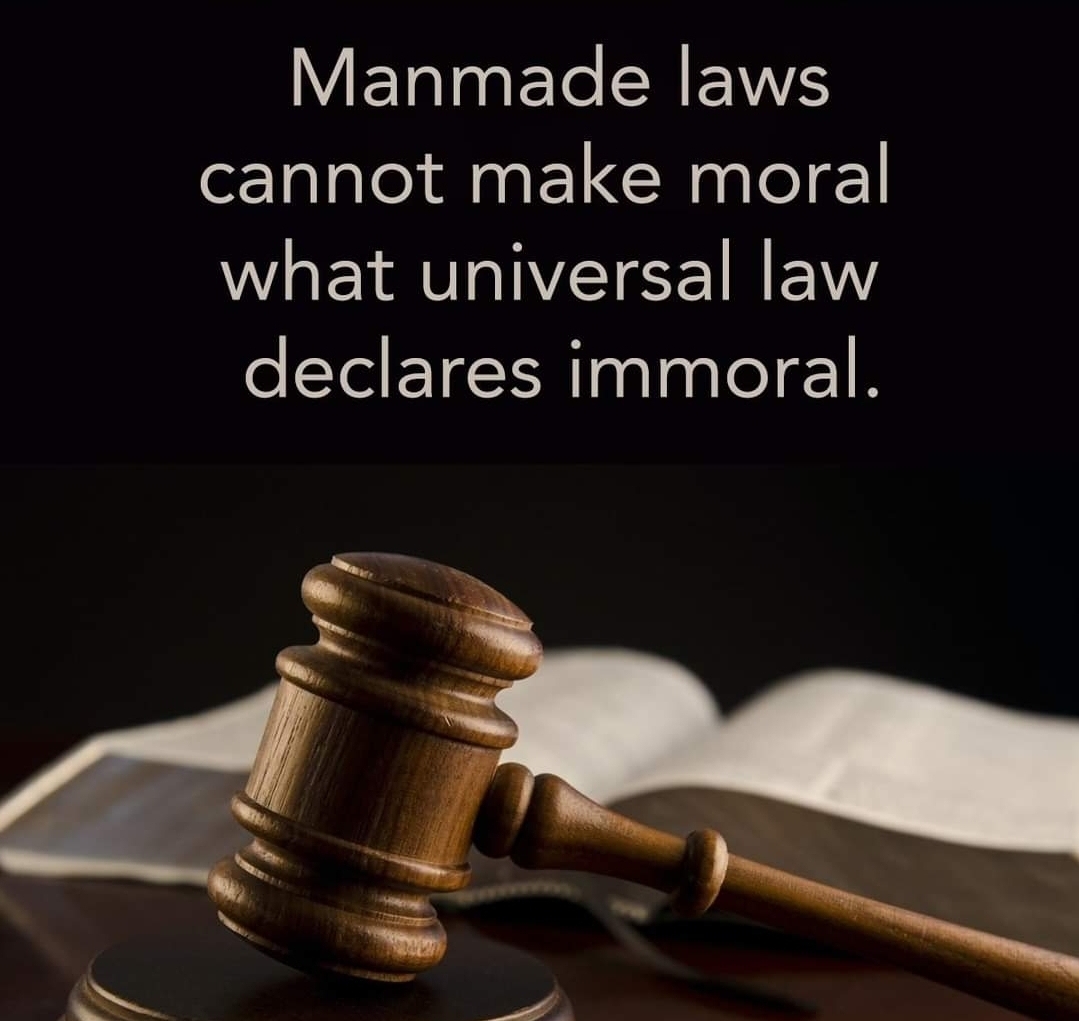
Most people stay in Stage 3 or 4 their entire lives, but critical thinking and ethical reflection can help move toward Stages 5 and 6, where moral decisions are guided by deeper principles rather than just laws or social norms.

